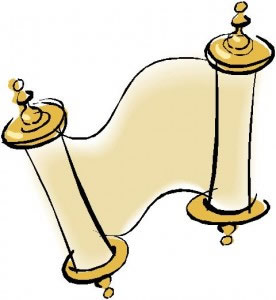ITALIA
Population of ITALIA
Italy, has around 60,000,000 million inhabitants, with a high rate of immigrants (around 90,000 people)
Economy ofITALIA
Italy is one of the 10 most important economies in the world by volume of GDP. Its public debt in 2017 was 2,263,056 million euros, with a debt of 131.8% of GDP is among the countries with the most debt with respect to the GDP of the world. Its per capita debt is 37,416 per inhabitant, then its inhabitants are among the most indebted in the world.
Main destinations in ITALIA

History of ITALIA
The history of Italy is closely linked to that of Western culture and the history of Europe. Many of the main historical events in the Western world, as well as many of the achievements that have conditioned universal culture, have taken place in the country or have been carried out by its peoples.
Heir to multiple ancient cultures, such as the Etruscans and the Latins, recipient of Greek colonization and home to Magna Graecia, it was the cradle of Roman civilization and saw the birth of the Republic and the Roman Empire, legacy of much of the Western culture and one of the largest in history, of which Italy was the absolute center, political, economic and cultural.
After the fall of the Western Roman Empire, Italy suffered a series of Germanic invasions, alternated with Byzantine and Frankish attempts to rebuild the unity of the Roman Empire. Rome, seat of the papacy and source of imperial legitimacy, was in those times a focus that attracted figures such as Justinian I and Charlemagne.
During the Middle Ages, Italy would become a mosaic of states and city-states (called liberi comuni) often fighting each other to achieve hegemony over the rest, with frequent interventions by surrounding powers and the Holy See which, Through the figure of the pope as sovereign, he ruled much of central Italy in the territory known as the Papal States, with its capital in Rome.
he privileged geographical location of Italy made it key to continental trade and favored the flourishing of rich maritime republics connected to European history and the entire Mediterranean Sea. The struggle between the temporal imperial power, which included Italy, and the spiritual papal power, which was based in Rome, had special political repercussions in Italy.
This legacy of political relevance made it the focus of power struggles on the European continent. In addition, the classical and ecclesiastical cultural legacy was the breeding ground for new trends. In the 15th and 16th centuries, Italy became the cultural center of Europe, giving rise to Humanism and the Renaissance, and it was one of the fields in which the European supremacy of the Spanish Empire was decided with the victory over Francis I of France.